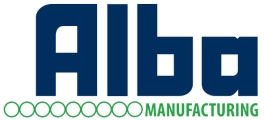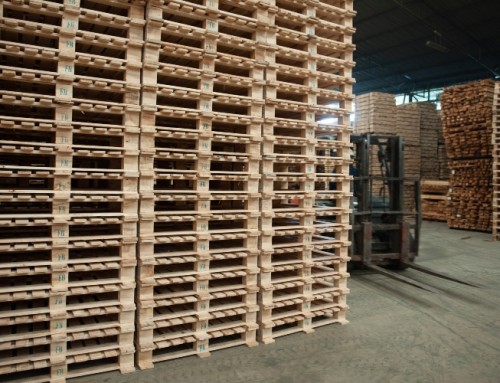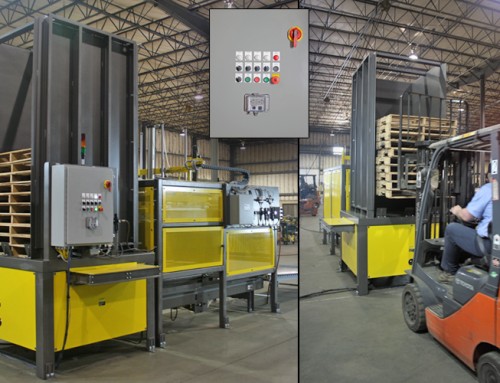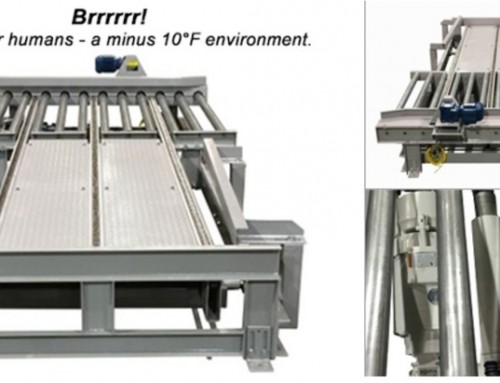CHEP pallets are a type of pallet that is widely used in supply chain and logistics operations. CHEP (Commonwealth Handling Equipment Pool) is a company that specializes in pooling and managing pallets, crates, and containers for efficient and sustainable supply chain operations.
Here’s an overview of CHEP pallets and their usage:
Construction and Design
CHEP pallets are typically made of sturdy materials such as wood or plastic. They are designed to be durable, standardized, and compatible with various handling and storage systems. CHEP pallets come in standard sizes, most commonly the 48″ x 40″ footprint in the United States, although other sizes are available for specific regions and industries.
Pallet Pooling System
One of the distinctive features of CHEP pallets is their pooling system. CHEP owns and manages a large pool of pallets, which are shared among multiple companies and customers. This pooling model eliminates the need for individual companies to purchase and maintain their pallet inventories. Instead, customers rent or lease the pallets from CHEP and exchange them as they move through the supply chain.
Supply Chain Efficiency
CHEP pallets are used to transport goods throughout the supply chain, from manufacturers and distributors to retailers and beyond. They provide a standardized platform for efficient handling, storage, and transportation of products. CHEP pallets are compatible with various material handling equipment, such as forklifts and pallet jacks, making it easier to load, unload, and move goods in warehouses, distribution centers, and retail stores.
Sustainability Benefits
The pooling model employed by CHEP promotes sustainability and reduces waste in the supply chain. As pallets are shared and reused among multiple companies, it minimizes the need for producing and disposing of individual pallets. CHEP pallets are also designed for durability, which extends their lifespan and reduces the overall environmental impact.
Global Availability
CHEP operates globally, providing pallet pooling services in numerous countries and regions. This global presence makes CHEP pallets widely accessible and compatible with international supply chain operations.
By using CHEP pallets, companies can benefit from increased operational efficiency, reduced capital investment in pallet inventories, standardized handling processes, and sustainability advantages. The pooling model eliminates the burden of pallet management, allowing companies to focus on their core business operations while ensuring reliable and efficient movement of goods throughout the supply chain.




